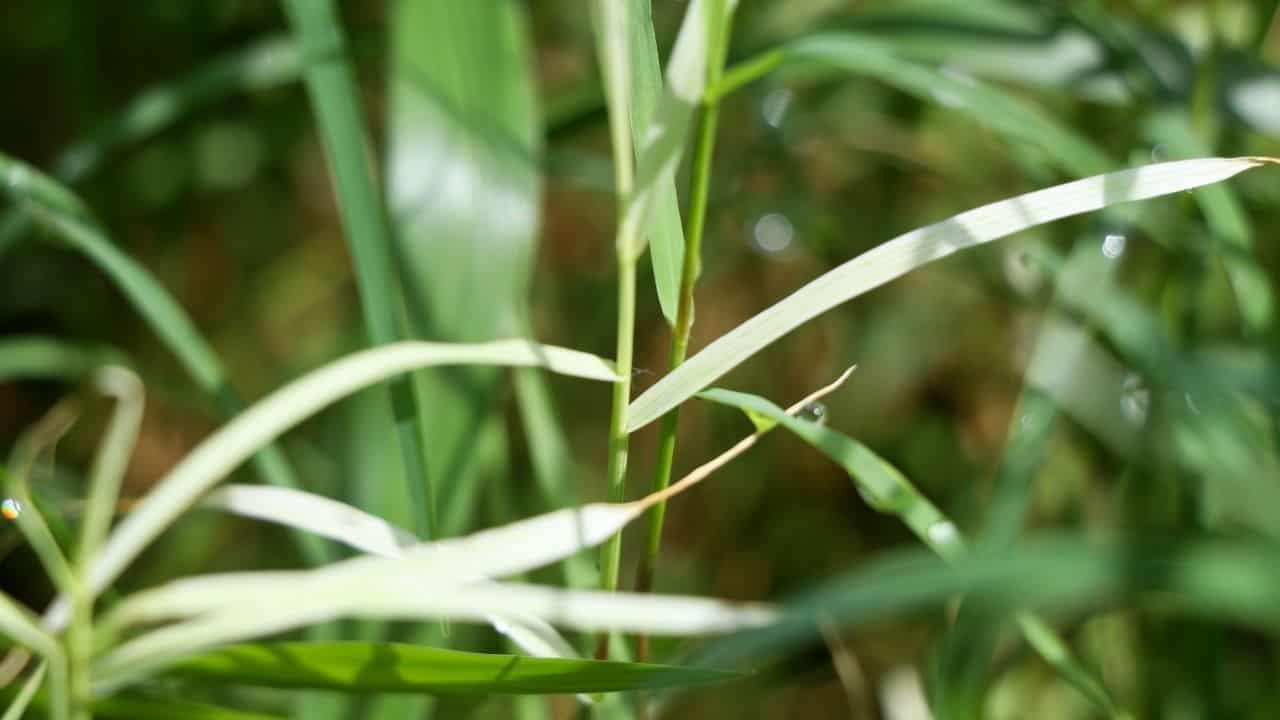
Image: plantophiles.com
The lush, verdant expanse of a Bermuda grass lawn is a captivating sight, inviting relaxation and outdoor enjoyment. Whether you’re a seasoned lawn enthusiast or a first-time gardener, understanding the seed germination process is crucial for achieving a thriving lawn. In this comprehensive guide, we delve into the intricacies of Bermuda seeds to provide you with an accurate account of how long they take to germinate and the factors influencing the process.
What are Bermuda Seeds?
Bermuda grass, scientifically known as Cynodon dactylon, is a warm-season grass species renowned for its resilience, drought tolerance, and vibrant green color. Bermuda seeds are the reproductive units that, when planted under suitable conditions, give rise to new Bermuda grass plants. These seeds are typically small and brown with a pointed shape.
Understanding Bermuda Seed Germination
Seed germination is a fascinating process that involves the transformation of a dormant seed into a new plant. For Bermuda seeds, this process typically commences within 10 to 21 days after planting. The precise duration depends on several factors, including soil temperature, moisture levels, and light conditions.
- Soil Temperature: Bermuda seeds prefer soil temperatures between 70°F and 85°F (21°C to 29°C) for optimal germination. When the soil is too cold, the seeds may remain dormant, while excessively high temperatures can damage the embryo within the seed.
- Moisture Levels: Adequate moisture levels are essential for seed germination. The soil should be consistently moist but not waterlogged. Soggy soil can cause seed rot, while dry soil can prevent germination from taking place.
- Light Conditions: Bermuda seeds require light to germinate. However, too much direct sunlight can inhibit germination or cause young seedlings to scorch. Planting the seeds at a shallow depth and providing partial shading during the initial stages of germination can be beneficial.
Best Conditions for Bermuda Grass Germination
To maximize the germination rate and obtain a healthy, uniform lawn, it is crucial to provide the seeds with optimal conditions. These include:
- Soil Preparation: Amend the soil with compost or other organic matter to improve drainage and fertility. The soil should be tilled to a depth of 6 to 8 inches to loosen it and create a conducive environment for seed germination.
- Seed Depth: Plant Bermuda seeds at a depth of ¼ to ½ inch below the soil surface. Sowing too deeply may prevent the seeds from receiving sufficient oxygen or sunlight to germinate, while planting too shallowly can result in the seeds drying out or being washed away by irrigation or rainfall.
- Watering: Water the seeded area regularly, especially during the first few weeks of germination. Keep the soil moist but avoid overwatering, as excessive moisture can lead to seed decay.
expert insights and actionable tips
Consulting with experts in the field of lawn care can provide valuable insights and practical tips for enhancing Bermuda seed germination and lawn establishment. Here are some expert recommendations:
Use quality seeds: Opt for high-quality Bermuda seeds from a reputable supplier to increase the likelihood of successful germination and a healthy lawn.
– Dr. Adam Dale, Turfgrass Specialist at the University of Florida
Soil pH: Ensure that the soil pH level is within the optimal range for Bermuda grass, which is between 6.0 and 7.0. If the soil pH is too acidic or alkaline, it can affect nutrient uptake and impede germination.
– Dr. Sarah Myers, Lawn Care Expert at HGTV
Fertilize after germination: Fertilize the lawn once the seedlings have emerged and established their root systems. This will provide essential nutrients to support healthy root and shoot growth.
– Justin Loyd, Master Gardener at the University of California

Image: advertisingjulu.weebly.com
How Long For Bermuda Seeds To Germinate
conclusion
Understanding the germination process of Bermuda seeds is a fundamental aspect of achieving a verdant, thriving lawn. By providing the necessary conditions, including optimal soil temperatures, moisture levels, and light, you can increase the germination rate and establish a healthy foundation for your Bermuda grass lawn. Remember to incorporate expert insights and actionable tips to optimize the process and enjoy a beautiful outdoor space for years to come. Explore further resources and share your experiences in the comments below to contribute to the collective knowledge and empower other lawn enthusiasts.